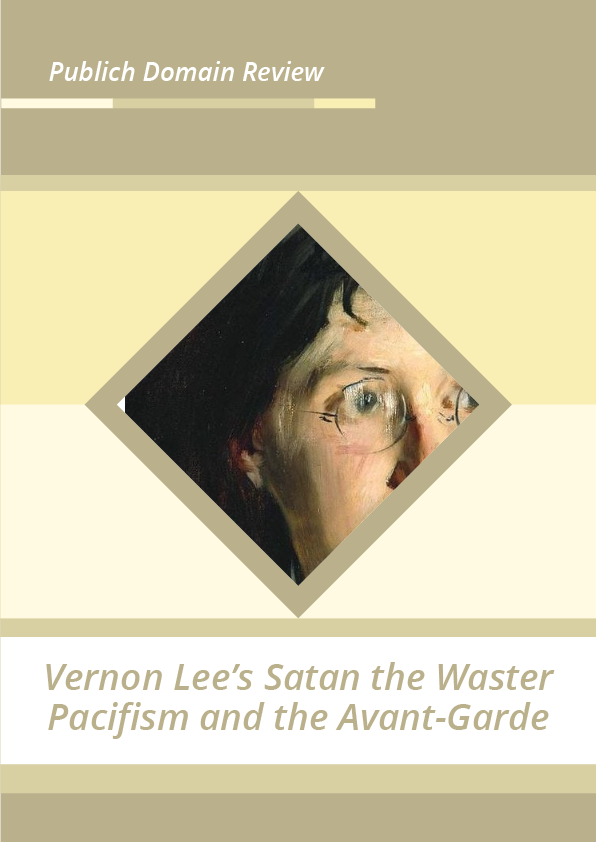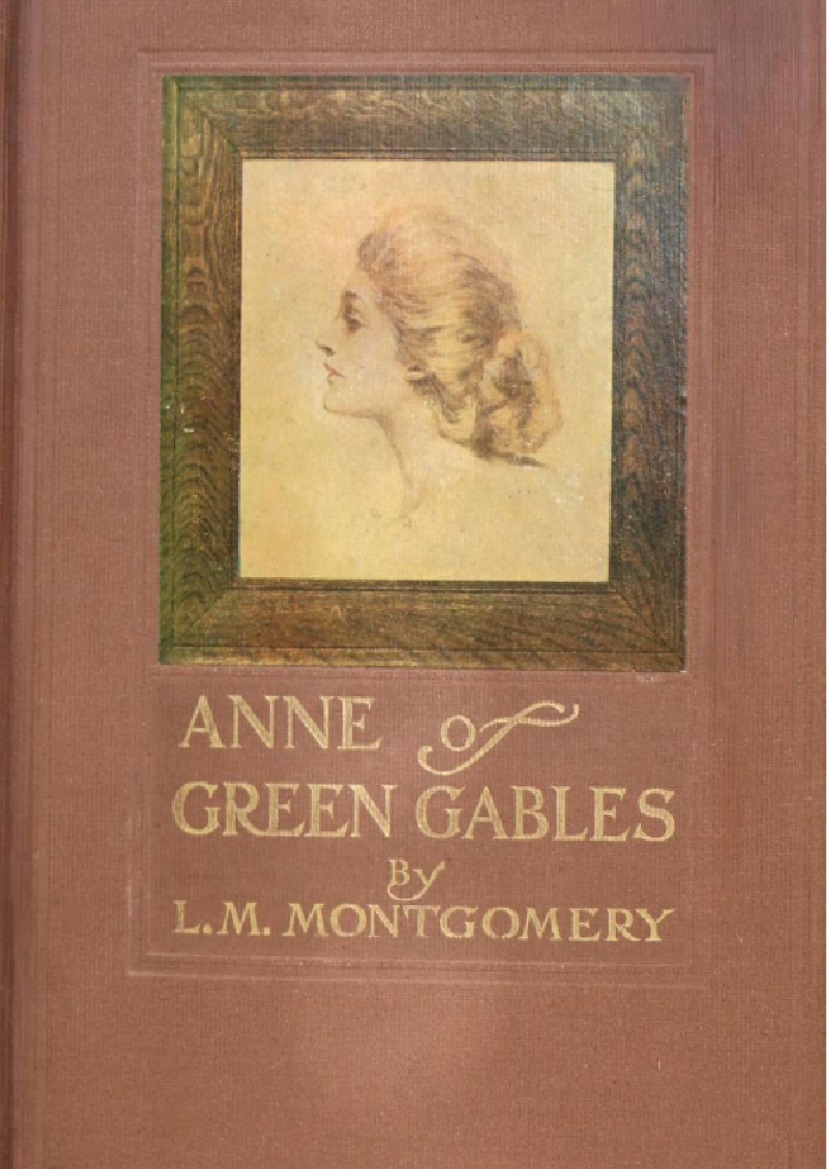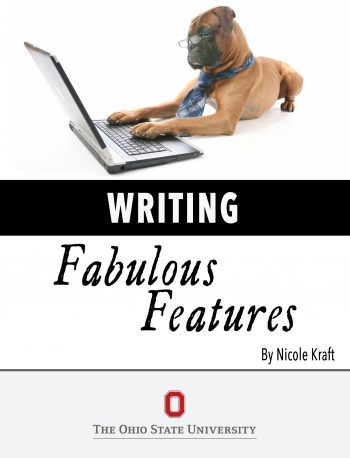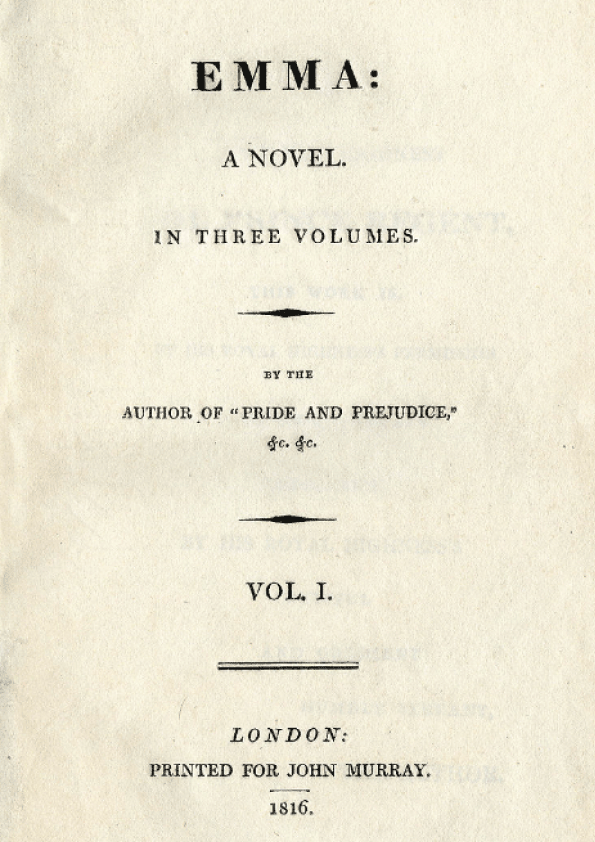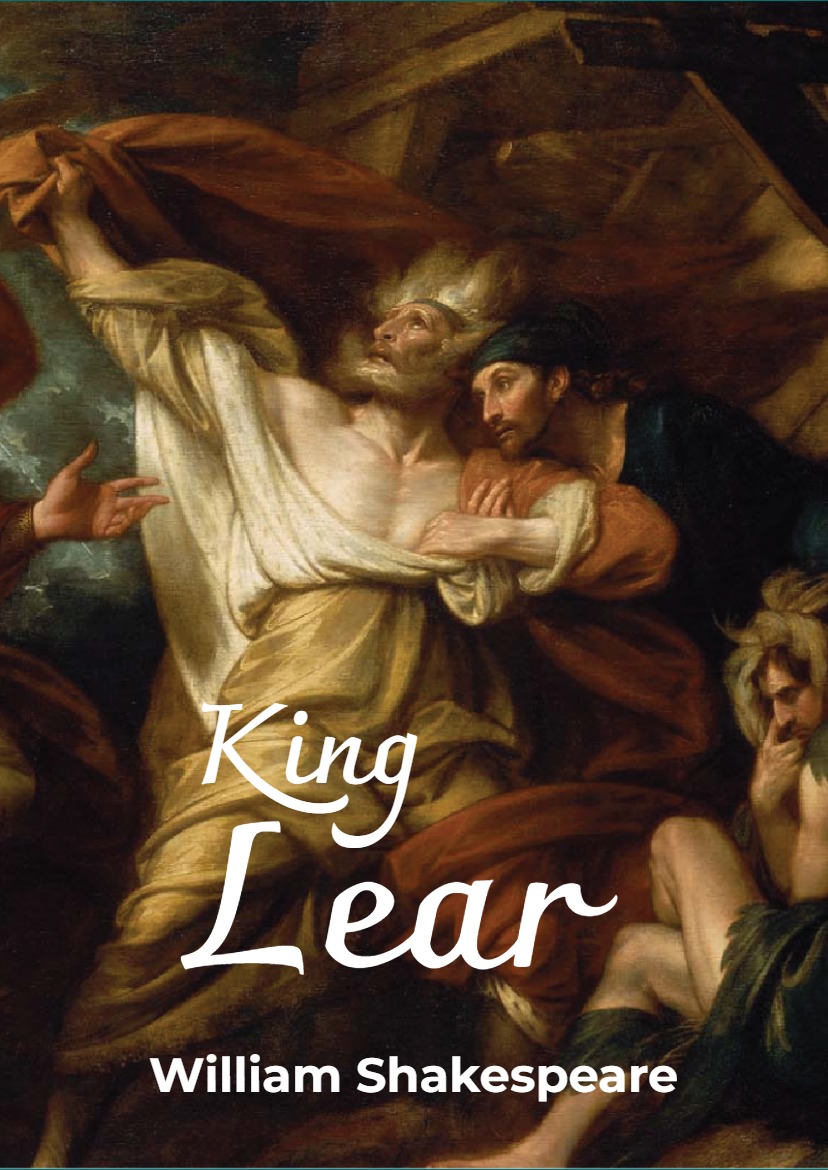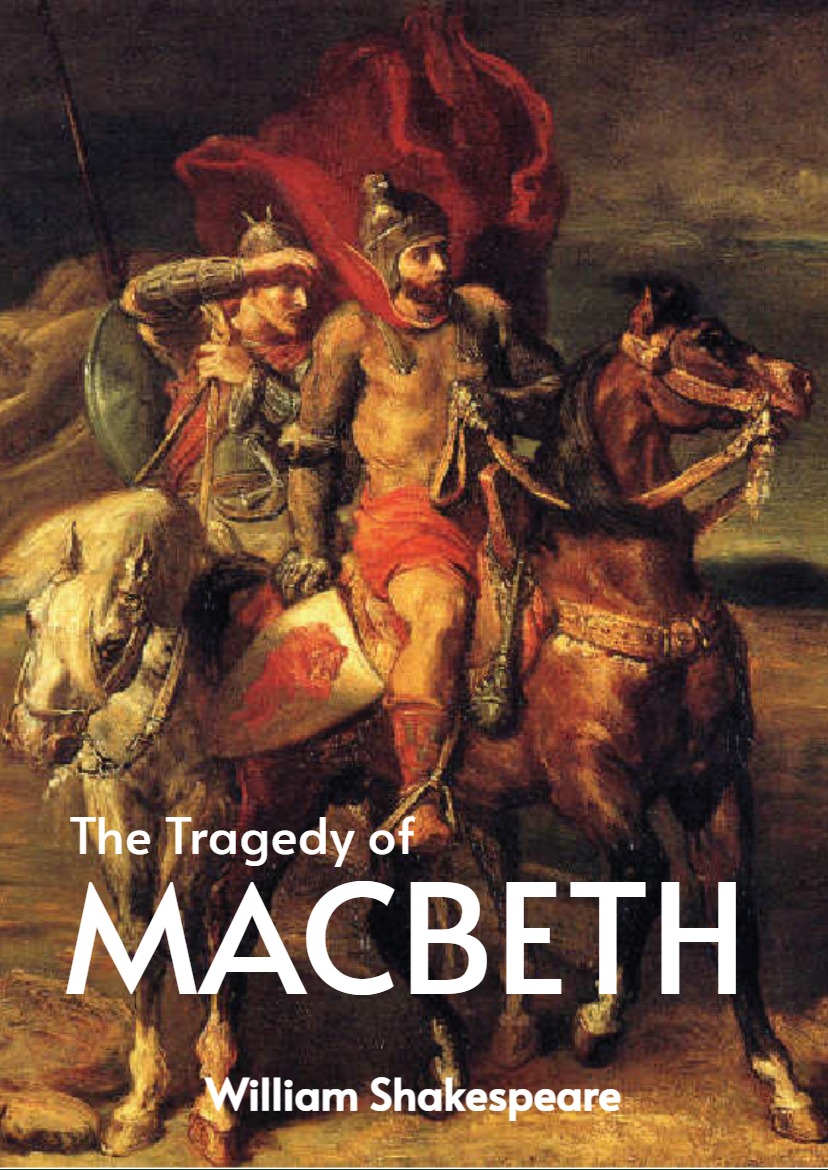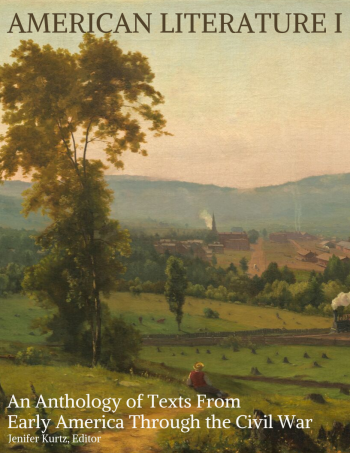Pacifism and the Avant-Garde
Part essay collection, part shadow-play, part macabre ballet, Satan the Waster: A Philosophic War Trilogy (1920) is one of Vernon Lee’s most political and experimental works. Amanda Gagel explores this modernist masterpiece which lays siege to the patriotism plaguing Europe and offers a vision for its possible pacifist future.
When all the nations shall welter in the pollution of warfare, this child’s eyes shall remain clear from its fratricide fumes; she shall drink deep of sorrow, but recognize and put away from her lips the sweetened and consecrated cup of hatred.
So spoke a fairy bestowing a gift upon an infant Vernon Lee in a short story published in the Atlantic Monthly in 1915. The tale, resembling that of Sleeping Beauty, describes a group of fairies attending Lee’s christening. Each is the personification of a country from which Lee can trace her lineage and upbringing (England, France, Germany, Italy, Russia, and Poland), and each gives her a gift from their culture. Although most are good fairies, one is evil (we are not told which country this fairy represents) and condemns Lee to a life in which she will never fully belong to one nation over another. However, one of the good fairies has yet to give her a gift; she lessens the severity of the curse by issuing the blessing above. In a neat nine paragraphs, Lee gives a synopsis of her multi-national identity and declares that this status keeps her free from being engulfed by the “fratricide fumes” of World War I.
Europeans succumbing to a war mentality and mutual animosity was due, Lee felt, to emotions associated with patriotism, nationalism, heroism, personal honour, and self-interest that made it impossible for them to see any way out of international conflicts short of armed warfare. Aside from the obvious causes of World War I (the armament build-up, secret diplomacy, disagreement over Alsace-Lorraine), Lee found that the monumental task for Europeans, if they wanted to avoid another world war, was to change not just policy but their way of thinking about the makeup of Europe, its citizenry, and their own national biases. These ideas found expression in two highly original works, Satan the Waster (1920) and its precursor The Ballet of Nations (1915). In these experimental dramas Lee demonstrates her distinct ability to bring together nineteenth-century philosophical trends, her own brand of aesthetic analyses, and her opinions on modern scientific innovation and religious ideology in order to promote pacifism.
Lee was visiting England when war was declared and was unable to return to her home, Il Palmerino, a villa outside Florence, until 1919. During those years she tried to mitigate the pro-war sentiments of her fellow Brits, and her letters and articles show that she was unwilling to compromise her beliefs in order to maintain what were long-standing friendships with those supportive of the war. She produced a flurry of polemical writings, mostly as articles and letters-to-the-editor in the Nation and the Labour Leader and in pamphlets for the Union of Democratic Control, of which she was one of the earliest members. Satan the Waster is, however, the most comprehensive, creative, and compelling of all her wartime writing. It is a remarkable work and a truly modern amalgamation of texts: a shadow play in prose (intended to be read aloud and not performed), philosophical essays, and a personal memoir in which Lee investigates her innate psychology as a self-described “neutral”. Lee spends pages explaining how she has attempted to empathize (empathy and emotive understanding are central tenets in Lee’s analytical process) with her pro-war friends and insists that she understands why she disgusts them. Nevertheless, she holds fast that she is able to see what they cannot, and the writing of her play was her way of communicating her vision.
